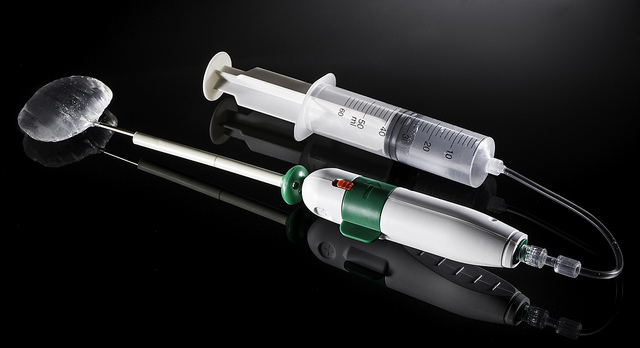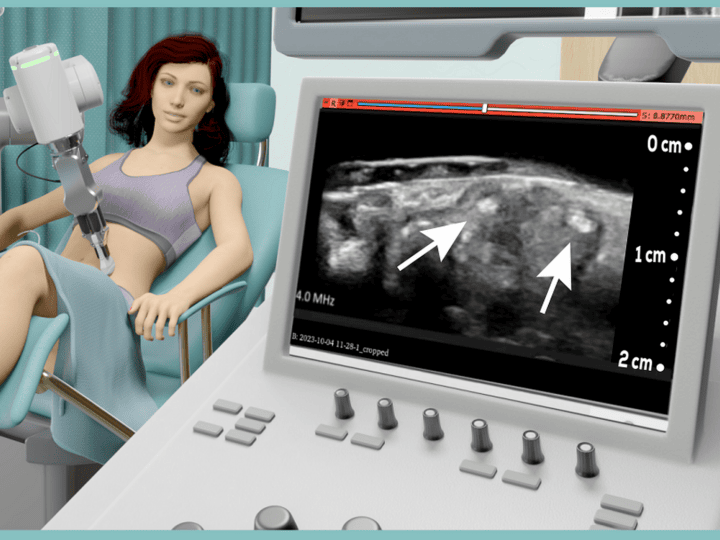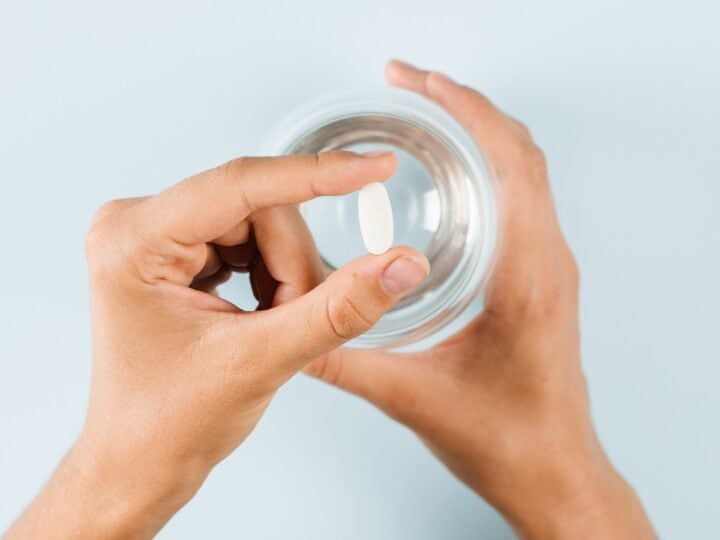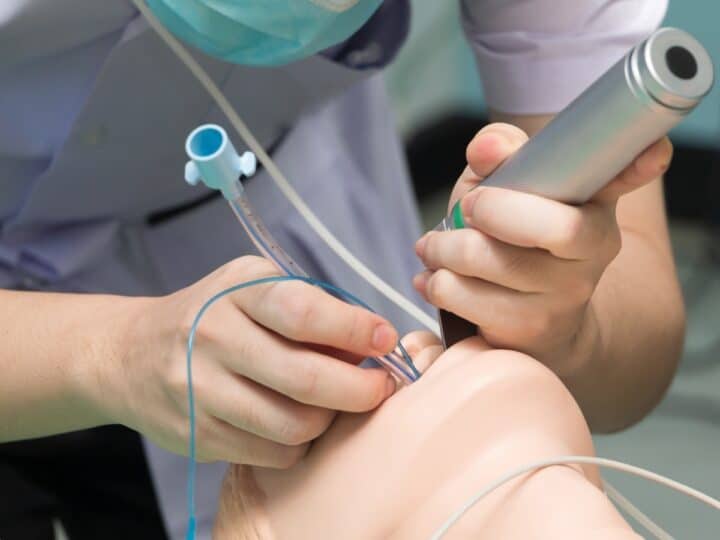About 2,000 people suffering from rotator cuff injuries are now moving with greater comfort after receiving the InSpace Balloon implant invented by Israeli orthopedic surgeon Dr. Assaf Dekel.
The product is made in Israel by OrthoSpace as an alternative for patients with massive injury to the rotator cuff, a group of muscles and tendons that stabilize and activate the shoulder.
The InSpace Balloon is made from a medical-grade biodegradable polymer, and is designed to help alleviate pain and shorten the rehabilitation process. Already in use in Europe and Israel for the past four years, the device is implanted in a minimally invasive procedure, sometimes done under local anesthesia.
“It’s a spacer that cushions between two rubbing bones,” explains CEO Itay Barnea, whose medical device background includes senior positions at Johnson & Johnson. “By the time it degrades, one year later, the shoulder is rebalanced and rehabilitated from the symptomatic stage of pain and inflammation.”
Once the spacer is in place, there is no more friction between the bones and that means less pain. In turn, less pain enables the body to recuperate faster.
Most rotator cuff tears are associated with the aging process, but people who do repetitive lifting or overhead activities are also at risk, including tennis players, baseball pitchers, painters and carpenters.
According to the American Academy of Orthopaedic Surgeons, surgical repairs of massive rotator cuff tears are not always successful, and some cannot be repaired at all, especially if the injury involves more than one rotator cuff tendon. If tendons do not heal properly or tear again, repeated surgery is needed.
Dekel, now medical director of OrthoSpace, sought to address this need. He came to the project with more than 10 years of experience in the medical device industry and had previously founded Neatstitch, a company that develops unique laparoscopic suturing technology.
A permanent solution?
European and Israeli surgeons are using InSpace in two situations: to buy several more years’ time for patients facing shoulder replacement surgery; and for patients with massive rotator cuff tears that cannot easily be fixed surgically.
Through arthroscopy or mini-open surgery, InSpace can be implanted in under 10 minutes, with minimal training required for the doctor performing the operation.
Dr. Chezar Avi from Emek Medical Center in Afula tells ISRAEL21c he has implanted the device in patients with large unreparable tears causing significant pain, and in older patients seeking to avoid joint replacement surgery.
“The biggest advantage is that the procedure is simple, done arthroscopically and the recovery is fast and fairly easy,” reports the surgeon. “Another advantage is that if it fails, you can always return and perform joint replacement surgery in the future.”
Clinical data collected by OrthoSpace shows that approximately 85 percent of patients experience improvement in shoulder function after implantation, and that improvement gets better over time.
Right now, follow-up studies are underway involving 50 Israeli patients as well as recipients of the device at several sites throughout Europe.
Barnea tells ISRAEL21c that the company is expecting to get US Food & Drug Administration approval to initiate a pivotal study in the United States by the end of next year.
“We believe our US pivotal study will show InSpace can be a permanent solution for patients with massive rotator cuff tears,” predicts Barnea. “It will replace more aggressive repair surgeries for patients with the most severe cases, who currently are prone to re-tear rates of 70-80%. We are proposing a less invasive and shorter procedure with shorter rehab, which will provide them with the same pain relief solution [as conventional shoulder surgery].”
The InSpace devices are manufactured domestically, at the company’s headquarters in Caesarea.
For more information, see www.orthospace.co.il.
Fighting for Israel's truth
We cover what makes life in Israel so special — it's people. A non-profit organization, ISRAEL21c's team of journalists are committed to telling stories that humanize Israelis and show their positive impact on our world. You can bring these stories to life by making a donation of $6/month.










